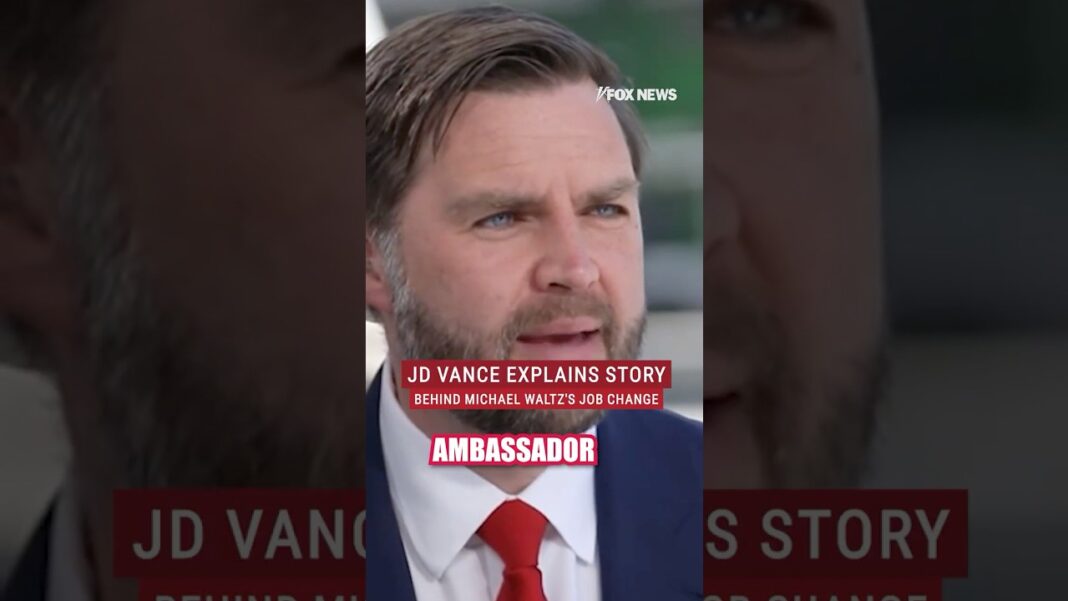The vice president rejected claims that U.S. trade policies are geared to ‘bring back jobs of the past,’ citing Nucor operation as ‘jobs of the future.’
Vice President JD Vance didn’t have new trade deals to announce, nor did he address trade negotiations or changes to President Donald Trump’s tariff regime during his May 1 tour of Nucor’s steel plant outside Huger in Berkeley County, South Carolina.
Instead, he came to the 62-acre, 30-year-old plant 35 miles north of Charleston to celebrate the Trump administration’s first 100 days, calling it “the beginning of the industrial renaissance in the United States of America.”
“A ‘golden age of American manufacturing’ started 100 days ago, and we’re building it right here at Nucor Steel in South Carolina,” Vance said after touring the plant, which employs 1,000 workers and 350 contractors.
Vance was accompanied by South Carolina Lt. Gov. Pamela Evette, Rep. Nancy Mace (R-S.C.), and Environmental Protection Agency Administrator Lee Zeldin.
Zeldin said federal agencies “should be doing nothing but helping American manufacturing,” not building regulatory roadblocks.
“We believe we can both protect the environment and grow the economy. We choose both,” Zeldin said.
He noted the EPA in March initiated “the largest deregulatory action in the history of the United States of America” to boost energy development and foster a domestic “manufacturing renaissance.”
Those early moves—including 25-percent tariffs on steel and aluminum—are important for domestic heavy industry, Nucor CEO Leon Topalian said.
Under the new administration’s policies, “Nucor will continue to invest and grow this company … ensuring our nation has the strongest and most diverse steel and steel products available anywhere in the world,” he said.
In a Feb. 10 executive order, Trump reinstated his “full” 25-percent tariff on all steel imports imposed during his first administration.
The tariffs are authorized under Section 232 of the Trade Expansion Act of 1962, which gives the president the capacity to adjust imports to “protect national security.”
While President Joe Biden lifted Trump’s steel and aluminum tariffs on certain countries, such as Japan and the United Kingdom, he retained most and expanded those against steelmakers in China.
By John Haughey







